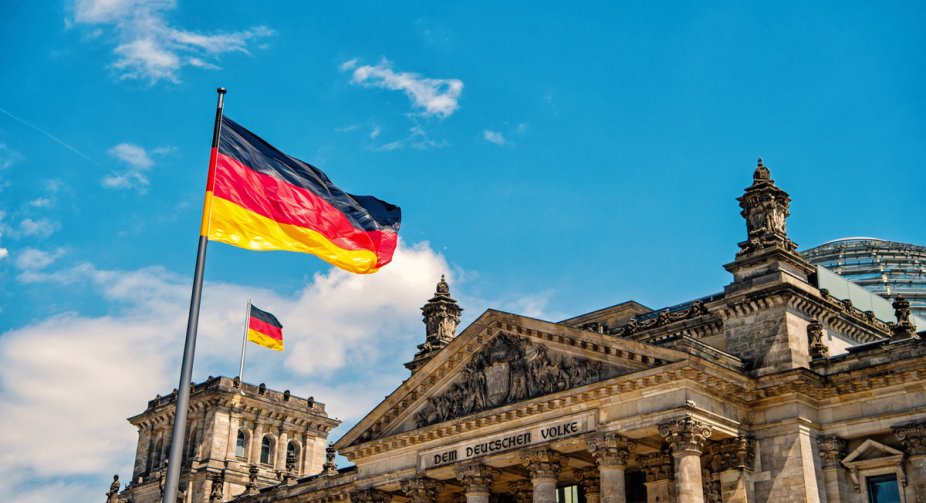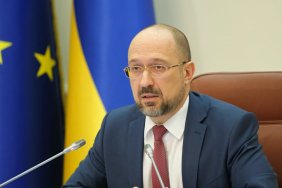Germany supports the US plan to use future revenues from frozen Russian assets to support Ukraine right now. Bloomberg writes about this with reference to sources.
The United States is ready to provide a loan of about $50 billion, which will be repaid from the interest generated by Russian assets without confiscating the principal amount of the debt. This is about 5 billion euros per year.
From Europe, Washington expects, if not complicity in lending, then at least commitments that the assets will remain immobilized and the loan will be repaid.
But there is a “long-term uncertainty” here: if the war ends and Russia agrees to pay for Ukraine's reconstruction, the question of unfreezing assets will arise. Or at some point, one of the EU countries will block the extension of the asset freeze.
The proposal will continue to be discussed this week at the G7 summit in Italy. Germany's agreement could be a decisive step, the publication writes.






